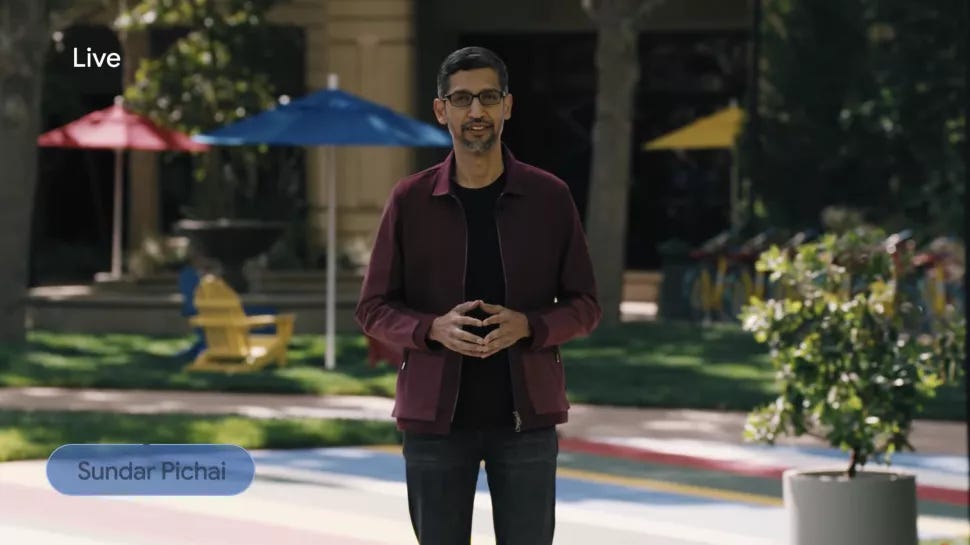Large Language Models at Google, Twitter forgoes image-cropping algorithms, and more!
Last Week in AI #117

Mini Briefs
Google's plan to make search more sentient
At last week's Google I/O, the company's annual developer conference that announces new products and initiatives, Google unveiled two new applications of large language models that could significantly impact search and dialogue. One technology is called Multitask Unifi…


